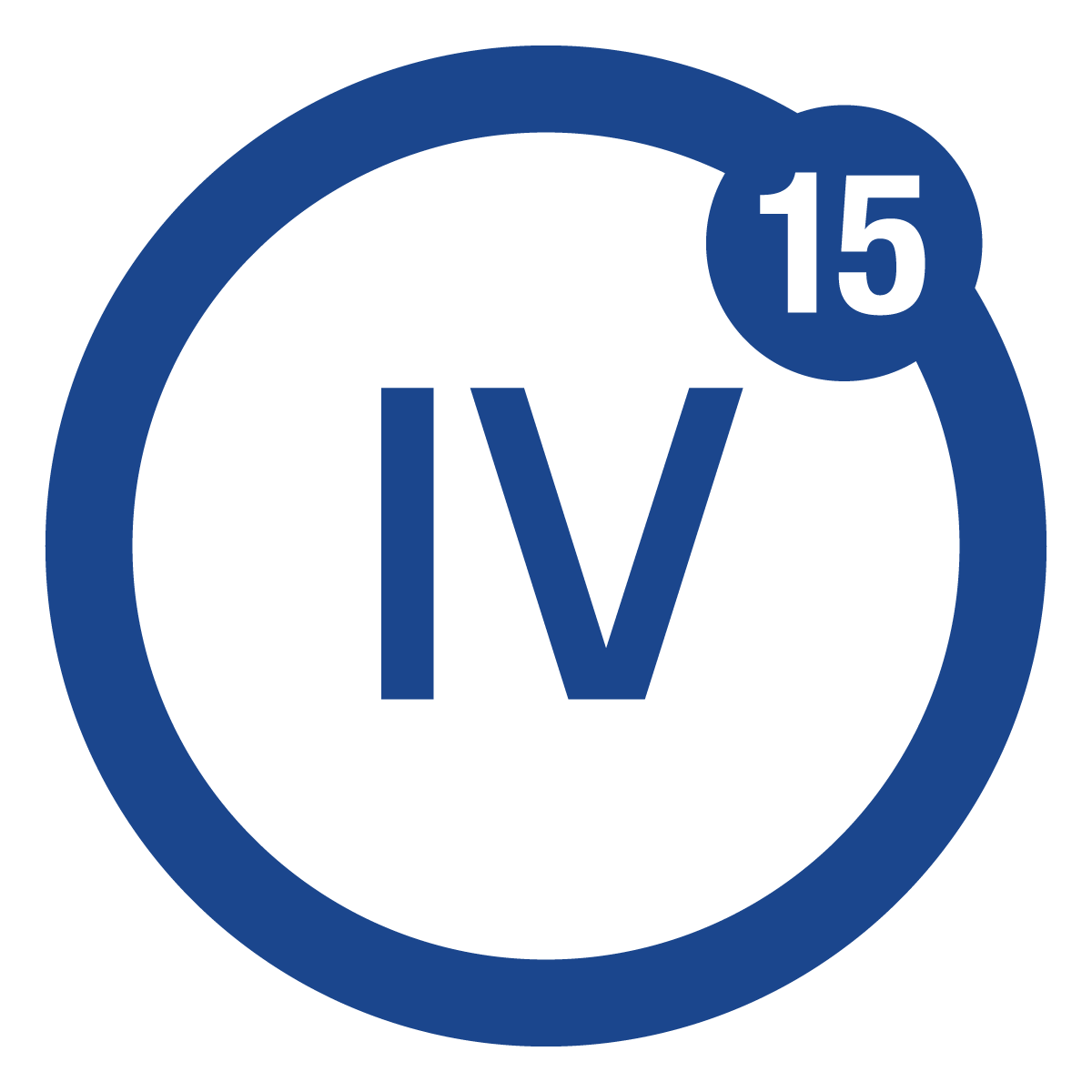OUR GOVERNANCE:
Corporate governance aligned to King IV principles
Internal controls and assurance


Mr. Geofrey Barigye, Head of Internal Audit
The mandate of Internal Audit
Internal Audit (IA) supports the Board and Management to execute their mandate by providing independent and objective assurance, thereby protecting, and creating value for a better life.
Internal Audit provides an independent, objective, and continuous evaluation of the Fund’s operations and system of internal controls. The function reviews, appraises and reports on:
The Internal Audit Charter approved by the Board of Directors, provides the framework that guides activities, purpose, authority, and responsibility of the Internal Audit function.
IA reports functionally to the Board and administratively to the Managing Director.
The annual risk-based IA audit plan and budget are developed in consultation with Management and approved by the Audit and Risk Assurance Committee of the Board (ARC).
Issues raised in various audit assignments, are reported to both Management for remediation and to the Board Audit Committee (ARC) for oversight.
Internal Audit makes value adding recommendations to Management and all remedial actions are followed up to completion and independently validated.
A New Day - creating shared value for sustainable growth
It is the Fund’s commitment to extend social security coverage to more working Ugandans, while aiming to deliver sustainable value to the members and key stakeholders. The Fund has therefore developed strategies to enhance members’ lives throughout their life journey and beyond retirement, while driving long-term profitability for the Fund.
The internal audit function performs work across the organisation, providing independent assurance, advice, and insight to help the Fund accomplish its objectives by bringing a systematic, disciplined approach to evaluating and improving the effectiveness of risk management, control, and governance processes.
Internal Audit in the Fund is well-structured and aligned to enterprise value creation. Achieving the Fund’s objectives is the goal of everything internal audit does, particularly as a governance role independent of management, which affects all stakeholders.
Value creation initiatives and reporting, as with the creation and protection of enterprise value overall, require the Board, Management to support Internal Audit and work collectively to align with each other and the prioritised interests of stakeholders.
Our Internal Audit framework and Internal Audit strategic plan offer key features that we believe can greatly enhance internal audit’s impact and value for the Fund.

By aligning internal audit's objectives with the Fund’s purpose, accelerating organisational change and learning, and fully embracing digital technologies, internal audit is staying ahead of the curve and we continue to evolve the function to meet stakeholder needs. But, without a deep understanding of the key risks that matter, functional improvement alone cannot maximise the impact that Internal Audit can create.
In today's business environment, internal audit is keeping pace with the hastening speed, volume, and complexity of risks. The IA team is currently implementing the internal Audit strategic plan that focuses on cross-team collaboration, data centralisation and documentation, workflow automation and leveraging on modern technology.
As boards and management continue to grapple with dynamic risks, the need for audit to provide assurance and timely insights is more pressing than ever before. Resilience and agility have become our key attributes not only to survive but also thrive in the current dynamic environment.
Internal audit is playing a critical role in supporting the Fund to strengthen and maintain strong internal control and accountability systems by providing objective advice and supporting management to accelerate improvement in the governance, risks and controls landscape.
Quality Assurance and Improvement Programme (QAIP) and performance monitoring
The implementation of a QAIP is to ensure conformance with the definition of Internal Audit, the Code of Ethics for internal auditors and the Auditing Standards.
Internal assessments include a comprehensive ongoing and periodic monitoring. The programme incorporates quality assurance processes in the stages of planning, engagement, and reporting.
On an annual basis, the function conducts and reports the results of the internal assessment to ARC.
Independent and objective external quality assessment evaluates conformance of the internal audit with the Internal Audit Charter, Code of Ethics, and auditing standards. The procurement process for a service provider to conduct an external assessment is being concluded before the exercise can be undertaken within the quarter one of Financial Year 2024/25.
External auditors
The powers to appoint external auditors for Public Institutions (like NSSF) is vested in the Office of the Auditor General of Uganda (OAG). In line with Section 23 of the National Audit Act (2008), the Auditor General may appoint private auditors to assist him or her in the performance of his or her functions under this Act.
Section 32(2) of the NSSF Act gives the Auditor General the mandate to audit its financial statements or by an Auditor appointed by the Auditor General.
Accordingly, the Auditor General appointed KPMG Uganda to conduct an annual audit of NSSF for the year ending 30 June 2024. The length of service of external auditors is determined by the appointing authority and the general practice has been for a duration of three years.
The ARC reviews the external audit plan and oversees the relationship between the internal and external auditors to ensure efforts are coordinated.


A NEW DAY - CREATING SHARED VALUE FOR SUSTAINABLE GROWTH

